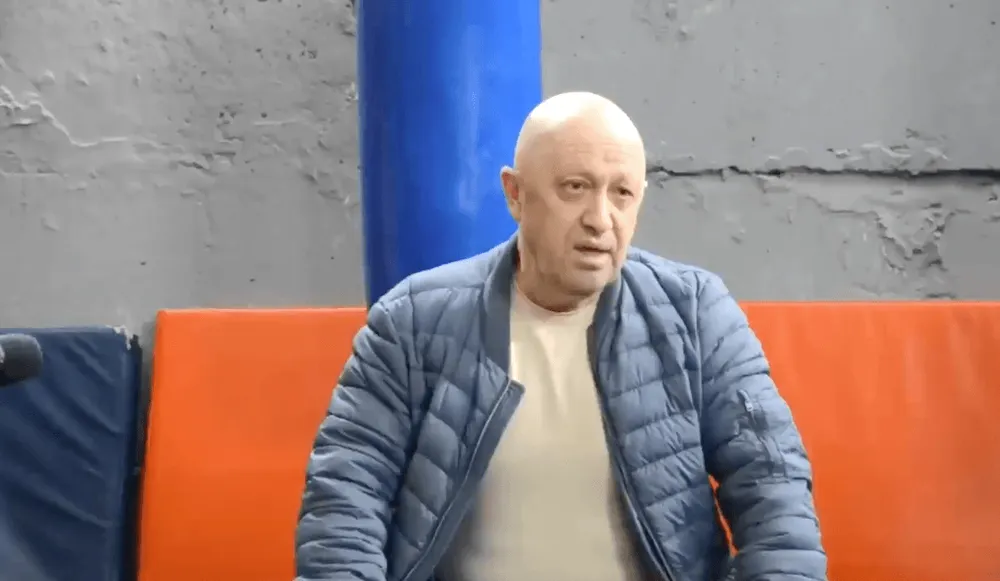Wagner-linked influence operations remain active after leader’s death
Russian influence operations linked to the notorious leader of the Wagner Group mercenary troops, Yevgeniy Prigozhin, remain active months after his death, according to new research.
Prigozhin’s media empire, best known for its disinformation campaigns during the 2016 U.S. presidential election, continues to target audiences in Europe, the U.S., Ukraine and inside Russia, according to a new report from Google’s Mandiant intelligence unit.
Several months ago, the future of Prigozhin’s media companies and the so-called “troll farms” — including the notorious Internet Research Agency (IRA) — was in question as their leader and his private military company, Wagner, carried out an armed rebellion inside Russia.
Two months after the rebellion, Prigozhin died under suspicious circumstances, but the disinformation campaigns continue.
“At least some components of these campaigns’ assets and infrastructure have remained viable since Prigozhin’s death, and we assess with moderate confidence that they will remain operational for the medium term,” researchers said.
Among the campaigns analyzed by researchers is one that has been trying to influence politically right-leaning U.S. audiences since at least October 2020. The campaign was likely run by individuals linked to the IRA and was publicly exposed several times.
Read More: Putin and Prigozhin went through an ‘amazing transformation,’ says former Kremlin speechwriter
Mandiant discovered that the operators are still trying to promote pro-Russia narratives in the U.S., including those about domestic politics and elections, the Russian invasion of Ukraine, and the Israel-Hamas conflict.
It is possible that the controversy surrounding Prigozhin has affected the campaign, researchers said, but its ongoing activity may suggest that its operators intend to use it to influence the upcoming U.S. election.
If used to meddle in the U.S. elections, this campaign may be just one component of pro-Russia activity collectively targeting the American population, according to the report.
Another campaign linked to Prigozhin’s media legacy is called Cyber Front Z. It emerged in 2022, following Russia’s invasion of Ukraine, and is also reportedly linked to the IRA.
Cyber Front Z’s Telegram channel has remained operational since Prigozhin’s death, though it appears less active and is now primarily focused on publishing and cross-promoting content related to developments in Ukraine and other domestic Russian and global events.
Mandiant found several indicators suggesting the campaign operators may still be planning to expand future activity.
For example, in early December 2023, the group’s VKontakte page, where they traditionally promoted events, began posting about past events and implying considerations for future organizing.
It is not clear who is now controlling Prigozhin’s media empire and what influence the Russian government has on it.
Researchers also said that they lack “the visibility necessary to assess the total implications of what the differences between Prigozhin-linked influence campaigns may mean for their long-term survivability.”
However, the latest analysis suggests that the infrastructure established by Prigozhin-linked disinformation initiatives will remain available for pro-Russia threat activity at least in the near future.
Daryna Antoniuk
is a reporter for Recorded Future News based in Ukraine. She writes about cybersecurity startups, cyberattacks in Eastern Europe and the state of the cyberwar between Ukraine and Russia. She previously was a tech reporter for Forbes Ukraine. Her work has also been published at Sifted, The Kyiv Independent and The Kyiv Post.



